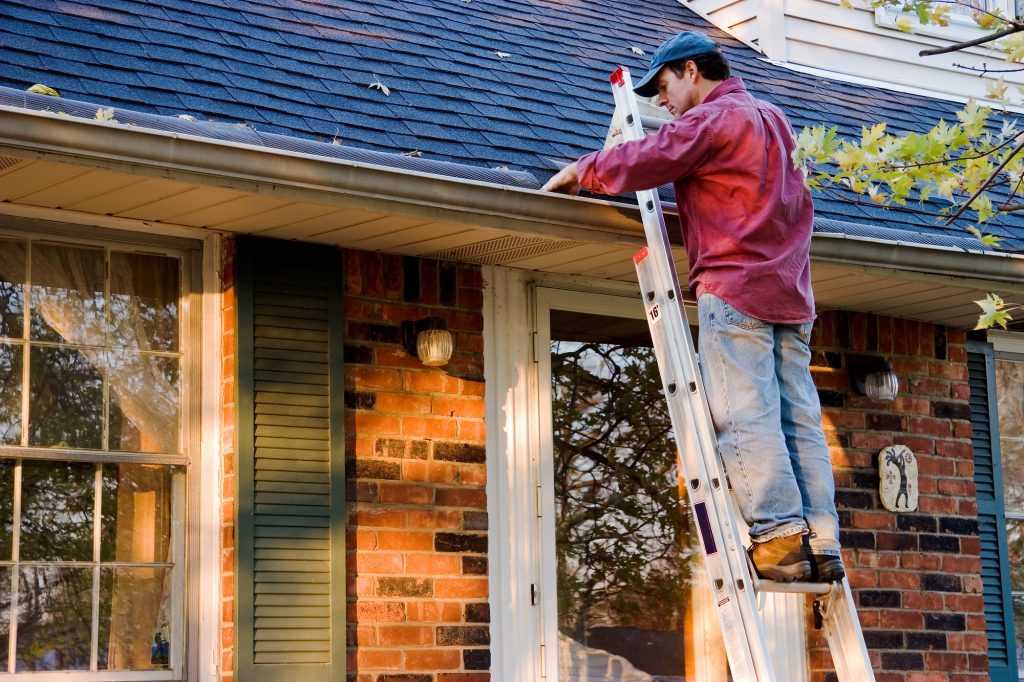What Fixes Are Mandatory After a Home Inspection?
You just had your home inspection, what’s next?
If any flaws that arise during the process, your home inspector will alert you to them. There are problems that you will have to deal with, cosmetic issues that aren’t necessary to fix, and ones that are up for debate.
Here are what fixes are mandatory after a home inspection.
What Fixes Are Mandatory After a Home Inspection?
Before repairs start to happen, make sure you thoroughly read and know what your contract entails. Fully understanding your contract and going over every detail will help you know what obligations are your responsibility.
Remember that you are not under obligation to update everything the inspector finds, but some problems are pretty much mandatory to fix before selling.
This article will help you learn more about why you will need to complete a home inspection and what you will need to fix.
The Necessities
Typically, only the necessities required for a comfortable living will be mandatory to fix after a home inspection.
Air conditioning and ventilation issues are common issues that can catch the attention of the home inspector.
Plumbing could also be an issue that is mandatory to fix. Incorrect pipe placement near appliances could lead to contaminated water.
Electricity is often a big problem when selling and renovating older homes. This is a problem because older homes had different requirements that aren’t up to our modern-day standards.
Improper outlets could also cause major problems and you should deal with them if they are found.
Let’s Talk Safety
Structural defects are bad news because it can be a safety hazard. Cracks in the wall could mean settling and a possibility of future foundation problems.
Odds are building code violations will also be mandatory to fix for safety reasons as well. Building code violations can cover a multitude of problems like improper bathroom venting, electrical outlets, handrails without returns, and misplaced smoke alarms.
Some Fixes Are Negotiable
The type of market that you are in could work in your favor when deciding whether or not to invest in those questionable repairs.
You might be in luck if it is currently a seller’s market. In these circumstances, you are in control because people are looking to purchase and move into homes fast and there aren’t many options on the market.
Your property will be in demand even if you don’t use your money to fix some of the more cosmetic problems.
The real estate agent that you are working with should be able to help you figure out this gray area if it is a typical market for home buying. See which repairs they would recommend you work on and which they can negotiate with the buyer.
Talk to Your Inspector
Keep in mind that every area has different requirements, building codes, and standards that the home inspector will be following. This means that depending on where you live, what is “mandatory” might be different.
It is best to talk to your inspector to fully understand your requirements and what fixes are mandatory after a home inspection.
Check out more house and home tips on our blog.

